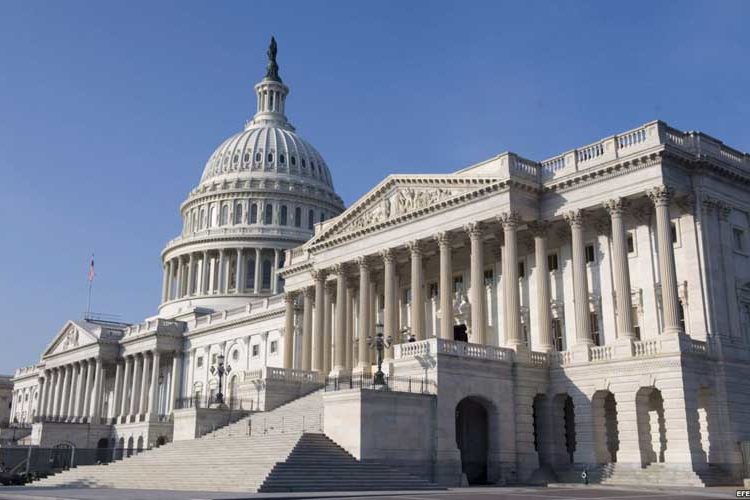A few days before the State Department sends diplomats to negotiate in Havana, a delegation of members of the United States Congress flew to the Caribbean island to check the pulse of normalization.
Led by Senator Patrick Leahy, a veteran in the dialogues with Cuba, the group made up by three senators and two congressmen intends to “seek clarity” about how Raúl Castro’s government sees the restoration of relations with Washington.

“We want to explore opportunities for greater cooperation and encourage Cuban officials to address issues of real concern to Americans and their representatives in Congress,” a statement posted on the official website of Sen. Leahy, who will stay in Havana with colleagues until the evening of January 19th.
The first group of Congressmen to cross the Straits of Florida in 2015 plan to meet with Cuban government officials and to have a tentative meeting with the Archbishop of Havana, Cardinal Jaime Ortega. They will also exchange views with the staff of the Office of Interests of the United States and the ambassadors of Mexico, Spain, Norway and Colombia.
Cuban President Raul Castro uses to receive Leahy during his trips to the island.
Although there are no Republicans in the delegation, normalization with Cuba and the lifting of the blockade is a matter of bipartisan interest. There is no full consensus among GOP legislators and senators about changing policy toward the Caribbean nation by President Barack Obama. Some oppose it, others support it.
The issue is already on the agenda of the Congress. Bobby Rush, Democrat for Illinois, recently presented to the House a bill to “lift the economic embargo, travel and parcels restrictions, normalize trade relations and remove Cuba from the list of state sponsors of terrorism.”
Approval of The United States-Cuba Normalization Act is only possible if a majority is achieved in the two US legislative bodies, now dominated by the Republican Party. It would be possible with the sum of the votes of the Democratic minority besides a small part of the Conservatives
Only the United States Congress could repeal the Helms-Burton Act, which encodes the economic blockade. In the hands of President Obama is still the cessation of the application against Cuba of the Trade with the Enemy Act.
63{bb302c39ef77509544c7d3ea992cb94710211e0fa5985a4a3940706d9b0380de} of Americans support Obama’s decision to restore diplomatic ties with the government of Raul Castro, according to a survey conducted in January 2015 by the Pew Research Center for People & the Press. A similar number of Americans surveyed believe that the new policy will not bring political change in Cuba.










